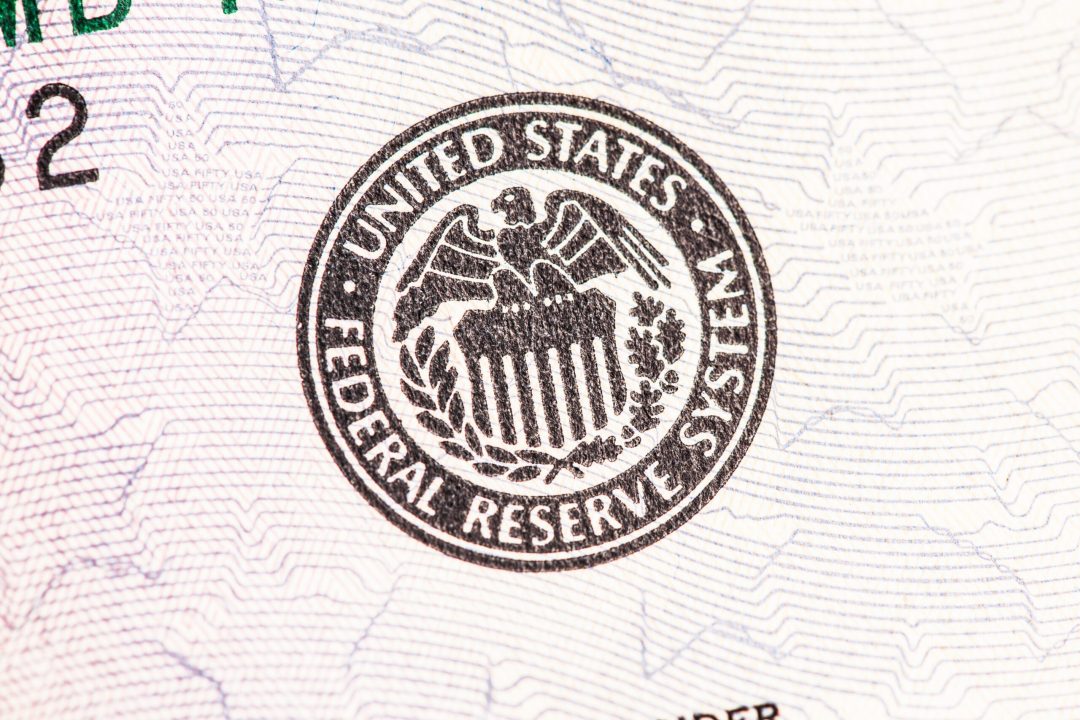
Representative Thomas Massie kicked off the legislative New Year on January 3 with H.R. 24, the Federal Reserve Transparency Act. This bill is the latest in a series of bills introduced by the likes of Massie and former Congressman Ron Paul calling for a congressional audit of the Federal Reserve, an event that has never taken place in the Fed’s 105-year history. Once politically unthinkable, the drive to audit the Fed has gained considerable momentum in recent years as many Democrats and even some influential far-left progressives, such as Bernie Sanders, have signaled their support. With a president in the White House who has made no secret of his dislike for the Fed, there is a real possibility that Massie’s bill — should it ever pass the House and Senate — could become law.
“Now is the time,” Massie told Breitbart News, “because I believe the president would sign an Audit the Fed bill. This bill has passed through the House with a veto-proof majority. This last Congress it passed out of committee, but the Speaker [Paul Ryan] did not pick it up. I believe if we can get it on the floor in the House and to the Senate, it would pass with a large majority; we wouldn’t even have to worry about a veto-proof majority because I believe this president would sign it.” Of course, with the House now controlled by ultra-liberal establishmentarians such as Nancy Pelosi, who are determined to avoid any legislative matters that might resonate with a president they detest, Massie’s assessment of the bill’s political prospects may be overly optimistic. But the fact that a majority of congressmen in the last Congress supported a similar bill bodes well for the movement’s eventual success.
{modulepos inner_text_ad}
The Fed and its supporters, for their part, remain staunchly opposed to any congressional audit. For more than a century, they have argued that the Fed, in order to function free of political bias or attachment to special interests, must be able to operate completely independent of congressional oversight — which of course would include any type of audit carried out by lawmakers. Were the Fed truly a private corporation, such arguments would have merit. But the Fed was created by an act of Congress, and from its inception has a long history of aligning its policies with the will of powerful politicians such as Senator Nelson Aldrich, its political sire, and Treasury officials, whose debt issues the Fed buys and sells as a chief means of controlling the money supply. To argue that the Fed, its chairman, and its Board of Governors are beholden to no political interests is to willfully ignore the nature and purpose of the organization. After all, the Fed is charged with managing America’s money supply — the very money that is issued by the Federal government in the first place.
Even were it the case that the Fed were an impartial arbiter, like an incorruptible referee at a sporting event, its actions should still be subject to scrutiny. If our hypothetic referee were in the habit of dining and otherwise consorting with wealthy athletes, it would be reasonable to subject his personal habits and finances to scrutiny, to make sure he was not receiving bribes or kickbacks. Such scrutiny would enhance rather than diminish public trust in the integrity of such a referee, and make his decisions less controversial. Similar arguments apply to the Fed.
The real reason for the reticence of Fed officials is to preserve the mystery and obscurity of central banking operations, which few in Congress — let alone the American general public — understand. They rightly fear that, should the public and their congressional representatives come to understand how the Fed truly operates, with its network of privileged primary dealers, its shady currency trading, and its obvious ties to and preference for large-money central banking and financial firms, pressure would be brought to bear to get rid of the Fed altogether.
This, of course, is the desired outcome by those pushing the bill. For more than a century, the Fed’s monetary policies have systematically enriched the well-connected few (such as the bankers and traders who work at the Fed’s primary dealers) at the expense of the many (the rest of us, whose savings are gradually depleted by the Fed’s program of incessant inflation). The Federal Reserve System has fundamentally transformed the American economic and cultural landscape by creating a financial climate in which savers are punished (by inflation) and profligacy is rewarded (by unnaturally low interest rates and easy money that incentivize borrowing and spending). Whereas living within one’s means and saving money for old age was once considered prudent conduct, nowadays risky home purchases, online currency trading, and other high-risk activities are regarded as the height of financial sophistication. And all because of generations of Fed-fueled inflation.
It is long past time to end the Fed. Congressman Massie’s bill is a much-needed step in the right direction.
Photo: iStock / Getty Images Plus



